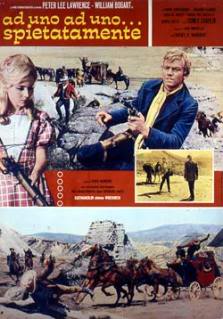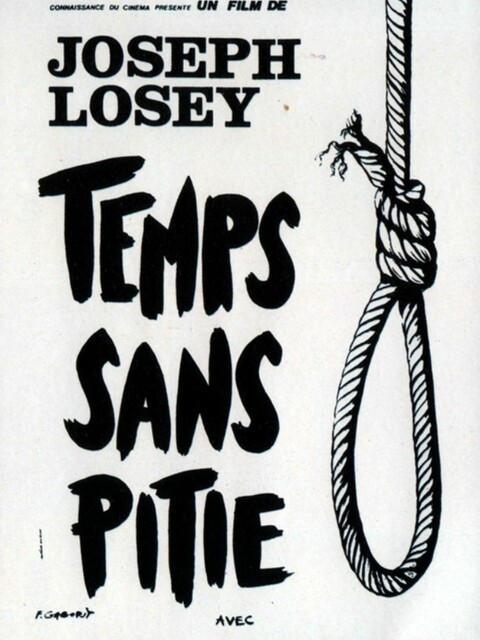

It is here that the concept of virginity becomes more interesting, since the more one seeks to fill the category, the more elusive it becomes and the Patristics, in their desire for the absolute (which, as absolute, is synonymous with virginity), are not satisfied until the concept of virginity, like woman, is emptied of sense. To be more precise, virginity contains a historical reference to Adam and Eve and to a theological state of man, as in Augustine's notion of technical virgins who reproduce in paradise without desire or pleasure it contains a doctrinal reference to Mary, the Virgin who redeems Eve and it is associated on an individual level with a lack of personal sexuality. Suffice it to say that virginity, like misogyny itself, is impossible to locate since the ever narrowing definitions given by the church fathers relegate it to the realm of a pure idea. Virginity as such is obviously a concept crucial to the study of misogyny, one too vast for even superficial treatment within the limits of the present essay. The Dangerous Sex: The Myth of Feminine EvilĤ3. The Troublesome Helpmate: A History of Misogyny in Literature To wit, if misogyny is the symptom of men's fear of the real power of women, then the more misogynistic a culture is, the stronger females can be assumed to be in this way antifeminism represents not the derogation of women but an expression of their material enfranchise. The problem with the latter is of a more logical order. The difficulty of the former is that in biologizing misogyny it is at the same time naturalized, since there can be no escape from the basic cultural process expressed in the oedipal imposition of the father between mother and son and the son's concomitant anger. This is a historical aporia implicit to psychoanalytic explanations of misogyny in terms of male anger at rejecting mothers as well as to anthropological explanations involving the collective anxiety of males in dealing with the fear of feminine power. The Fourth Estate: A History of Women in the Middle Agesġ4. Therefore man presides in the courts of this world since he rules over all creatures, while woman is under his rule and submits to him" cited in Shulamith Shahar, Man symbolizes the divinity of the Son of God and woman his humanity. Therefore woman is the creation of man. . . . But in creating woman, God was aided by man. . . . Then again, even so important a female figure as Hildegard of Bingen appropriates certain theological presuppositions that serve as the ontological basis of much of the misogynistic thinking of the Middle Ages: "When God saw man he saw that he was very good, for man was made in his image. Christine, whom no one would consider a misogynist, addresses the Provost of Lille in self-deprecating terms that, despite the possibility of sarcasm, would be taken as evidence of misogyny if from the pen of a man: "Bien est vray que mon petit entendement y considère grant joliveté . . ." (While it is true that my little understanding finds very amusing . . .). But woman covers herself so well that she can never be uncovered-neither for gain nor for loss, neither for solace nor for grief for this, and no more, that she might not displease before being wed ġ3. For a man who buys a horse would not be so crazy as to put any money down if he had not seen it uncovered first, no matter how well covered it was in the first place. I don't know whence this foolishness can come except from madness and rage. [And those who marry have a most unusual and unnerving way of operating that surprises me greatly. He was conceived from the itch of the flesh, in the heat of passion and the stench of lust, and worse yet, with the stain of sin" ibid., 6. "Man was formed of dust, slime, and ashes, what is even more vile, of the filthiest seed.

Woman is a limit case of man who remains, as in Platonic thought, bound by the material, by flesh and lust. In the misogynistic thinking of the Middle Ages, there can, in fact, be no distinction between the theological and the gynecological. When a child is conceived, he contacts the defect of the seed, so that lepers and monsters are born of this corruption" And this blood is reckoned so detestable and impure that on contact with it fruits will fail to sprout, orchards go dry, herbs wither, the very trees let go their fruit if a dog eat of it, he goes mad. "Menstrual blood," he writes, "ceases in the female after conception so that the child in her womb will be nourished by it. Innocent III is particularly virulent on the topic of woman.


 0 kommentar(er)
0 kommentar(er)
